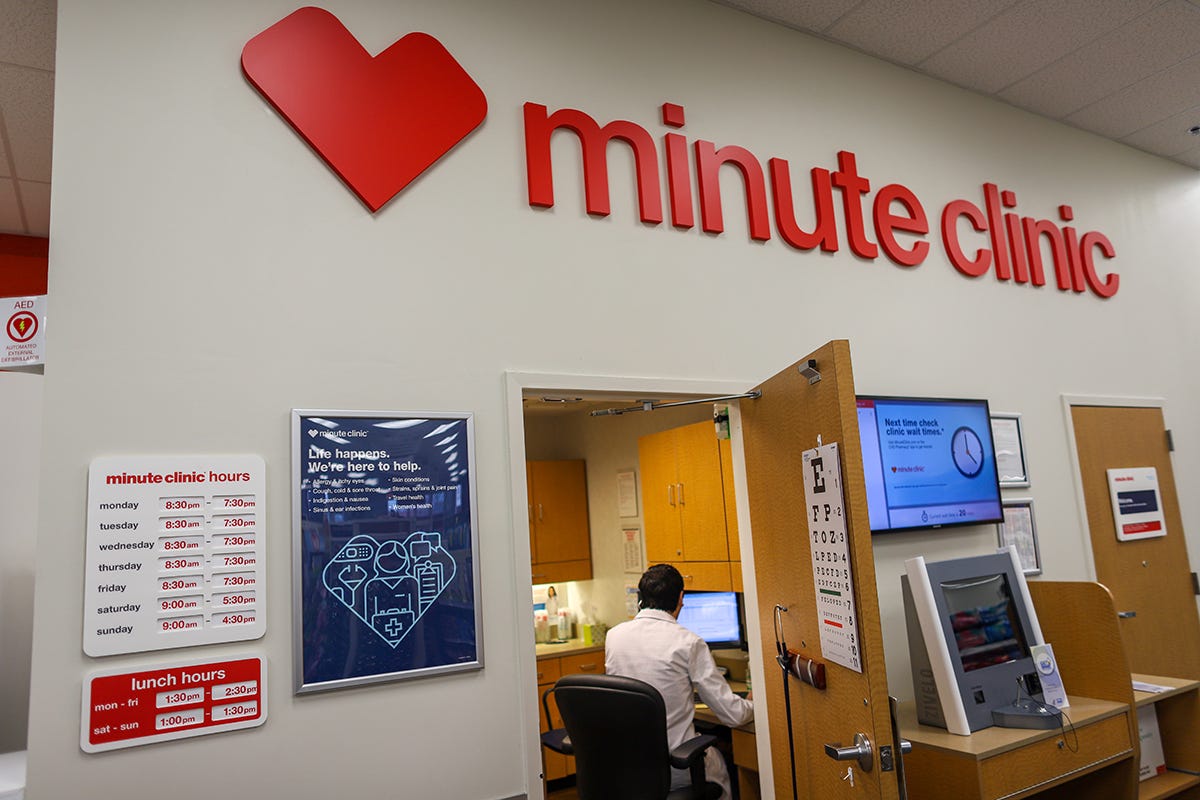Another big change is taking place in the healthcare market as health insurers open their own primary care clinics, as described in a recent article in The Wall Street Journal. The move allows for some of the nation’s largest health insurers to take control of both the payment and delivery of care.
A short-list of insurers diving into the delivery of primary care include:
-
Aetna and CVS MinuteClinics: Members won’t have a co-pay when visiting a MinuteClinic
-
UnitedHealthcare in Los Angeles: a health plan built around Optum physicians, surgery centers and urgent care clinics
-
Blue Cross & Blue Shield of Texas in Houston and Dallas: Members get free primary care visits at specific clinics
As insurers enter the care delivery space, there are two major challenges that hospitals and health systems will need to contend with:
- Increased competition
- Reduced referrals to hospital services and specialties as insurer-owned clinics may refer elsewhere
“It’s very worrisome for hospitals,” Chas Roades, a health-care consultant, told WSJ. “Suddenly, the plan you’re relying on for payment is also competing with you at the front end of the delivery system.”
The news isn’t all negative for hospitals and health systems as insurers face uphill challenges in entering the primary care space. For one, they typically only have a limited number of providers, which not only affects how many members they can serve, but how many specialties they can offer as well. This means that they will still need to rely on outside providers.
“Health plans want to exert pressure on provider systems, but they don’t have a product without providers in it, so they’re moving carefully,” Sam Glick, a partner with consulting firm Oliver Wyman, a unit of Marsh & McLennan Cos, told WSJ.
Second, many employers are wary of engaging in narrow-network plans. A Kaiser Family Foundation survey found that 39% of employers wouldn’t accept a plan with limited choices, even if it reduced costs. In fact, a quarter said they’d only consider a narrow-network plan if they saw cost savings of at least 30%.
However, these integrated healthcare giants will continue to grow. Health plan Kaiser Permanente already owns its own network of hospitals and doctors, and Human has partnered with a private-equity firm to expand primary care delivery to Medicare members as well as take on home-health and hospice.
Hospitals and health systems need to position themselves as the leaders of health management initiatives in their communities. A company such as Applied Health Analytics can provide the strategy, technology and support to help hospitals and health systems succeed in the commercial market. Contact Applied Health Analytics to learn more about how local systems can differentiate themselves from insurer-owned providers and gain access to employer market.


Recent Comments